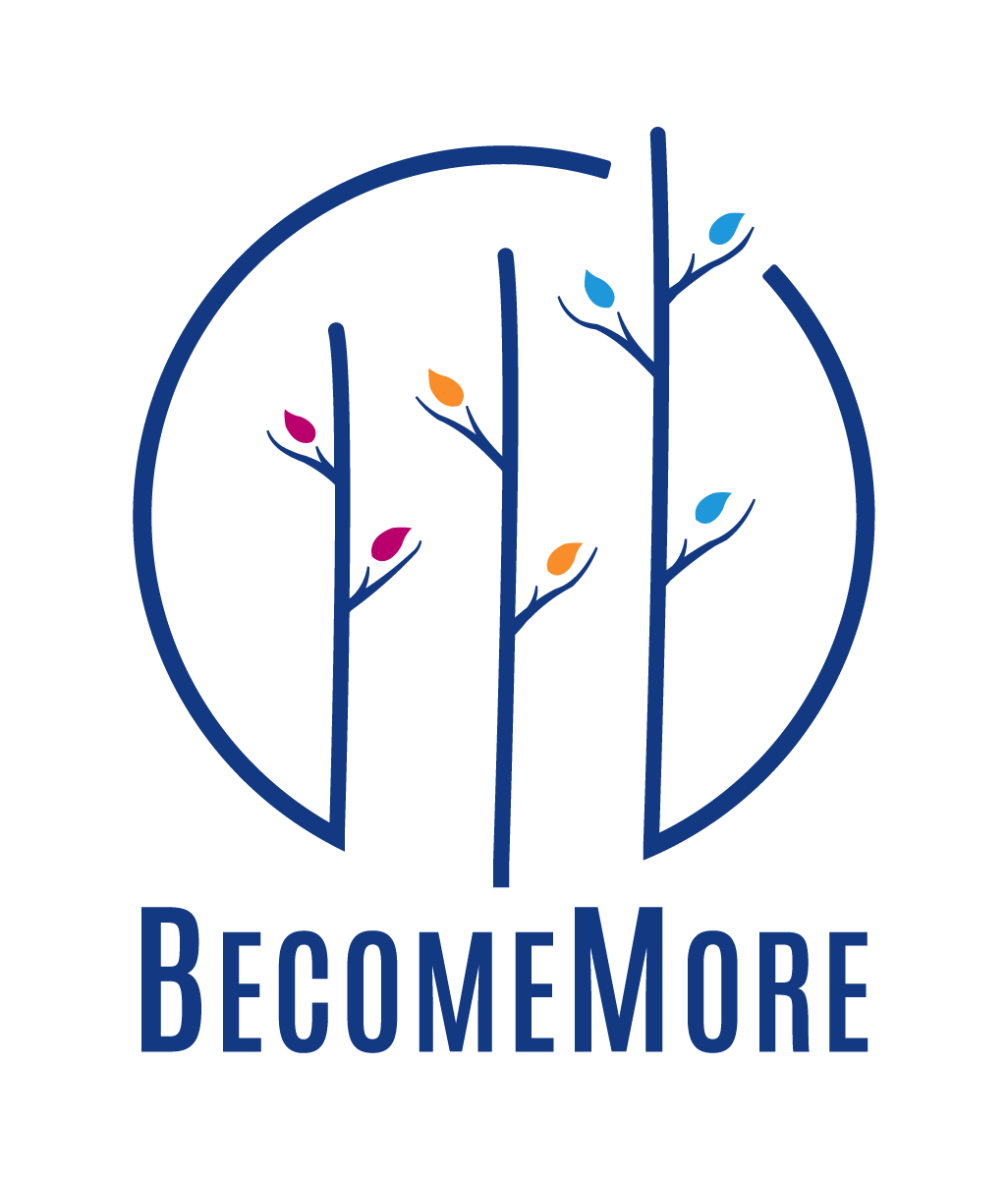
The concept of "wasted excellence" is something many professionals struggle with but rarely discuss openly. In our recent podcast conversation, we explored this fascinating territory where perfectionism meets diminishing returns—that critical point where additional effort no longer adds proportional value.
We've all experienced scenarios where we or our colleagues pour excessive energy into projects, going far beyond what's necessary or even requested. This isn't about doing quality work; it's about recognizing when we're crossing into territory that doesn't serve anyone—not our organizations, not our clients, and ultimately, not ourselves. The neighborhood association example perfectly illustrates this phenomenon: turning simple community gardening into an unnecessarily complex operation with designated roles for every conceivable task, including someone specifically assigned to bring snacks to the person tilling the soil. While well-intentioned, this level of overengineering represents excellence wasted.
The crucial question becomes: where is the line between adding genuine value and overwhelming a project with unnecessary perfectionism? As we discussed, it often comes down to asking yourself if the juice is worth the squeeze. Are you spending ten additional hours on something that will yield only marginally better results? Are you triple-checking work that was already sufficient after the first review? These habits often stem from past experiences where our work was critiqued, creating anxiety-driven behaviors that prompt us to overprepare and overdeliver.
Breaking free from wasted excellence requires first acknowledging the pattern. Like any behavioral change, the first step is recognition. Then, we must shift our thinking to consider whether our actions are truly the best use of time and resources. This isn't about lowering standards but about aligning our efforts with actual expectations. Sometimes what feels like "C-level work" to a perfectionist still registers as exceptional to clients and managers. The disconnect between our internal standards and external expectations creates the breeding ground for wasted excellence.
Perhaps most counterintuitively, obsessing over perfection can actually damage your professional reputation rather than enhance it. When you're known as someone who can deliver great work efficiently—allowing you to take on more projects and add value in multiple areas—you become more valuable than the perfectionist who produces flawless but fewer deliverables. Excellence should be measured not just in the quality of a single output but in the overall impact of your work across multiple initiatives.
The judge and jury for what constitutes "enough" effort is rarely ourselves. External stakeholders—bosses, clients, customers—determine the minimum acceptable threshold. Understanding their expectations rather than imposing our own perfectionist standards is crucial. Sometimes clients ask for services they're not actually willing to pay for, creating another boundary to consider when determining appropriate effort levels. The art lies in iterating efficiently—bringing drafts to stakeholders earlier, incorporating feedback, and reaching satisfactory outcomes faster through collaboration rather than isolation.
Ultimately, combating wasted excellence means constantly evaluating the balance between quality and efficiency. It requires the wisdom to recognize when additional effort yields diminishing returns and the courage to say "this is good enough" when appropriate. By recalibrating our personal standards against external expectations and focusing on adding value through both quality and quantity of work, we can escape the trap of wasted excellence and channel our talents where they truly matter most.

